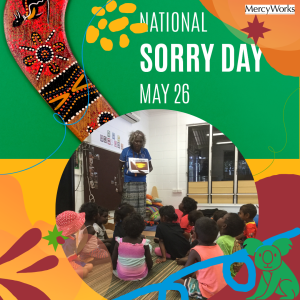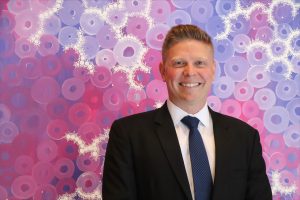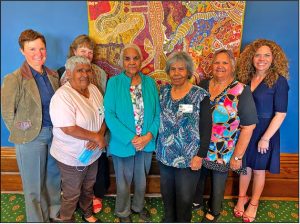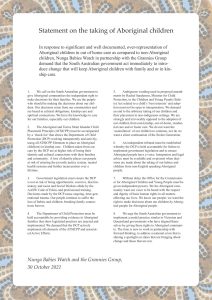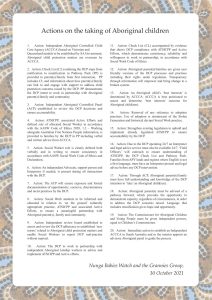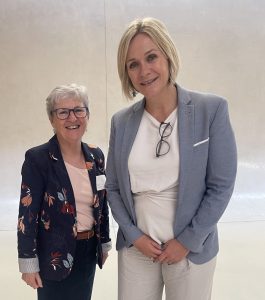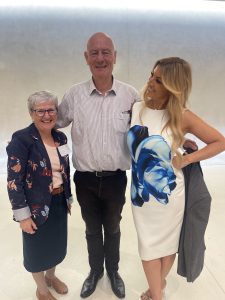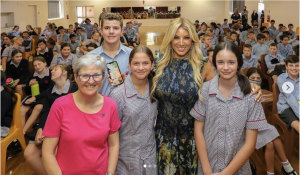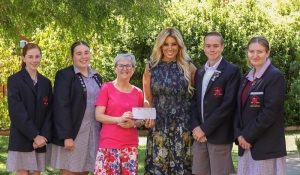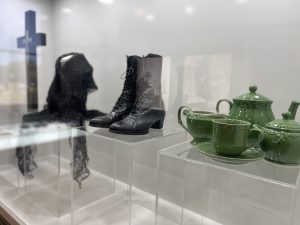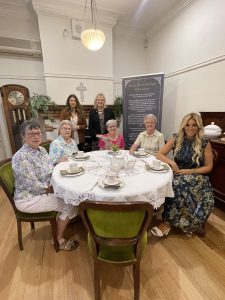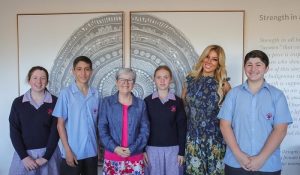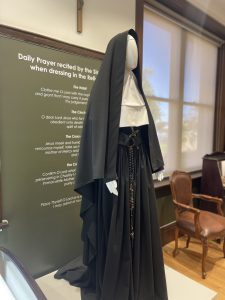NUTRITIONAL PORRIDGES
Timor-Leste remains one of the poorest nations in the world. Maucatar is a remote mountainous area where there is severe malnutrition and high mortality rates. There is little or no access to water, sanitation, education or infrastructure.
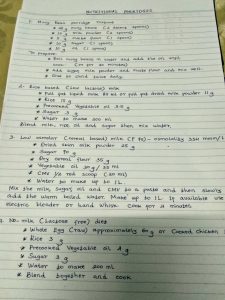
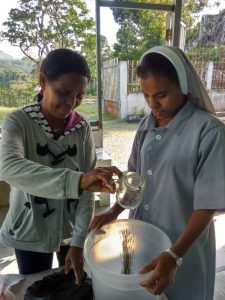
It’s here Mercy Works partners with the Hospitaller Sisters of Mercy to deliver the Maucatar Nutritional Hygiene Project” in Cova Lima in Timor-Leste.
It aims to improve the nutritional status of mothers and young children who attend the maternity clinic and outreach programs in the Maucatar catchment area.
While we provide holistic care to malnourished children and antenatal and postnatal mothers through clinical care, and nutrition through eggs and egg-laying hens, our Health Education and Nutrition program, run by Sr Gilbert Pathrose, is educating villages on how to provide and cook nutritional meals.
Here are some of their recipes which are saving lives!
1. Mung Bean Porridge Mixture
- 25g mung beans (2 dessert spoons)
- 10g milk power (2 spoons)
- 5g maize flour (1 spoon)
- 10g sugar (1 spoon)
- 10g oil (1 spoon)
To Prepare:
- Boil mung beans in water and add the oil until cooked (or for 30 mins)
- Add sugar, milk power and maize flour and mix well
- Give to the child twice daily
2. Rice Based (Low Lactose) Milk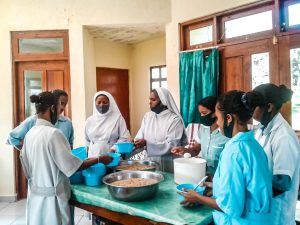
- 85mls Full fat liquid milk or 11g full fat dried milk powder
- 15g Rice
- 3.5g pre-cooked vegetable oil
- 3g sugar
- 200ml water
- Blend milk, rice, oil and sugar and then mix water
3. Low Osmolar (cereal based) milk
- 25g Dried Skim Milk Powder
- 10g sugar
- 35g dry cereal flour
- 30g/35ml vegetable oil
- 20ml CMV (1/2 red scoop)
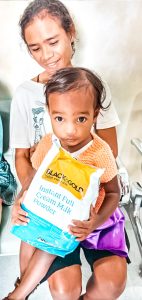
- 1L of boiled water
- Mix the sugar, oil and CMV to a paste and then slowly add the warm boiled water. Make up to 1 Litre. If available electrically bland or hand whisk. Cook for 4 minutes
4. No-Milk (Lactose Free) diet
- Whole egg (raw) OR 60g Cooked Chicken
- 3g rice
- 4g pre-cooked vegetable oil
- 3g sugar
- 200ml water
- blend together and cook

 SHOP
SHOP
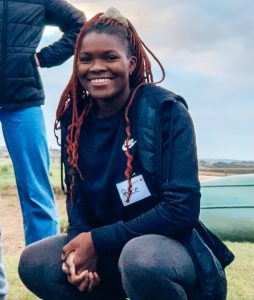
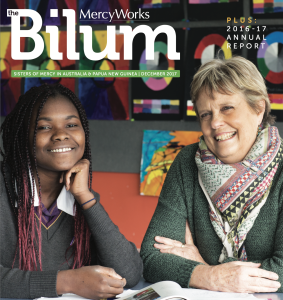
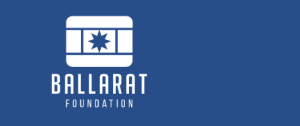
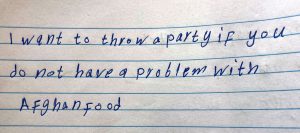
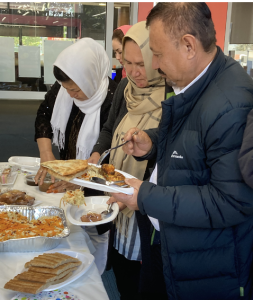
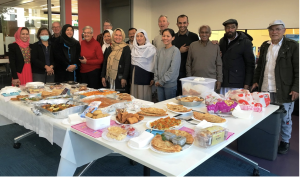

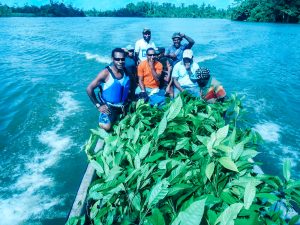
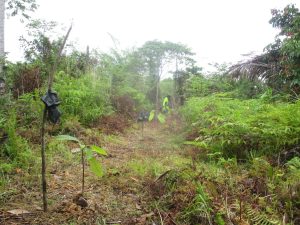
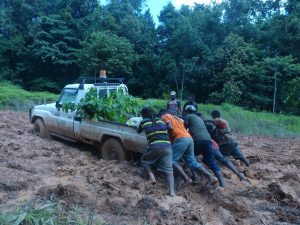
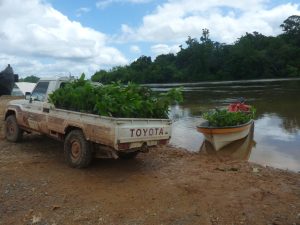
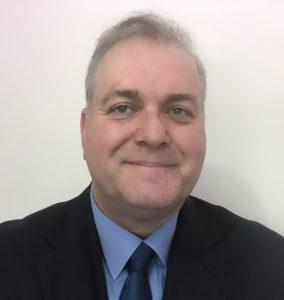
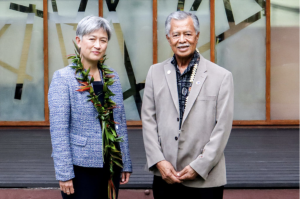
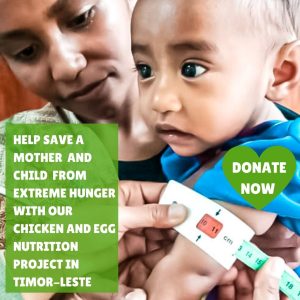



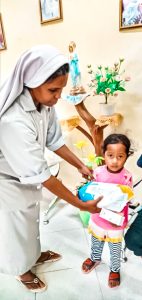
_whe_the_sisters_found_her.jpg)

